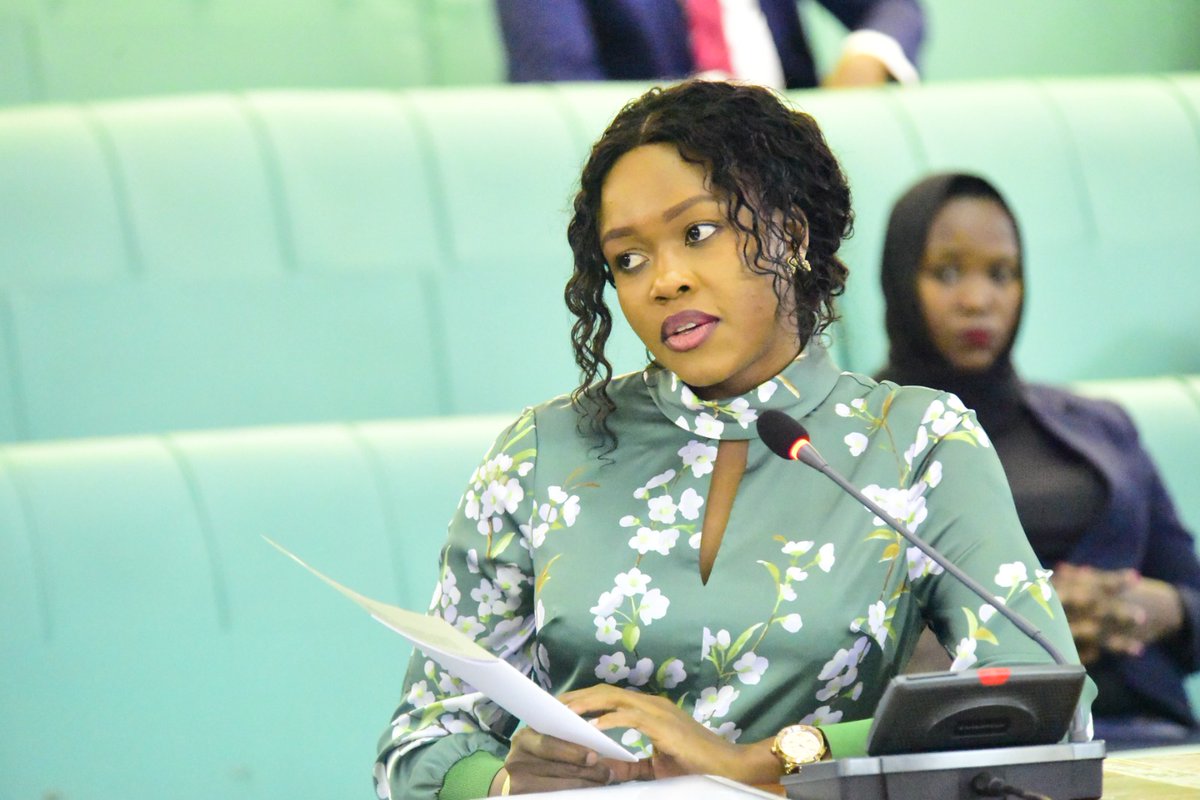The Sexual Offences Bill 2024 was formally tabled on Monday by Soroti District Woman Representative, Adeke Anna, in what is seen as a renewed attempt to address sexual crimes and protect vulnerable groups. However, notably absent from the Bill is any clause advocating for the decriminalization of prostitution, further cementing Parliament’s strong stance on maintaining its illegal status.
The omission of a decriminalisation clause comes amid ongoing debates over the legal status of prostitution in Uganda, with some advocates pushing for reform and others arguing for strict adherence to existing laws.
The previous Sexual Offences Bill of 2019 sought to repeal Sections 137, 138, and 139 of the Penal Code Act, which criminalises prostitution, prescribing penalties of up to seven years in prison for offenders. However, this proposal faced strong resistance from conservative MPs, religious groups, and sections of the public, who view prostitution as a moral issue that should not be legalised.
By choosing not to include a decriminalization clause in the 2024 version of the Bill, Parliament has signalled its unwavering commitment to criminalizing prostitution. According to Hon. Adeke Anna, the decision reflects the sentiment of the majority in Parliament, who believe that decriminalizing prostitution would erode societal values, promote moral decay, and lead to increased exploitation of vulnerable women and children.
The exclusion of the decriminalization clause proves that as Parliament, stand firmly against the legalization of prostitution. With the defence of protecting the country’s cultural values and ensuring that the law reflects the moral foundations of Uganda’s society.
Many MPs on the legal committee echoed this sentiment with several lawmakers emphasizing that the criminalization of prostitution is necessary to uphold public decency and protect vulnerable individuals from being drawn into the trade. One MP from the conservative faction stated, “We are not just passing laws, we are defending the moral integrity of our nation. Decriminalizing prostitution would send the wrong message and open the floodgates to other social problems.”
The exclusion of any decriminalization clause is a significant departure from the discussions surrounding the 2019 Bill, which saw advocates arguing for a more progressive approach to prostitution. They had called for the removal of criminal penalties, citing that adult, consensual sex should not be regulated by the state and that decriminalization would lead to better health outcomes and legal protections for sex workers.
Proponents also argued that regulating prostitution could allow the government to create safer working environments for sex workers, address public health concerns such as the spread of HIV/AIDS, and reduce human trafficking. However, these arguments were consistently met with opposition from the majority of lawmakers, religious leaders, and civil society groups, who maintained that decriminalizing prostitution would undermine Uganda’s cultural and religious values.
President Yoweri Museveni’s stance on the matter has played a significant role in shaping the current direction of the Sexual Offences Bill. In 2021, when the President returned the Sexual Offences Bill for reconsideration, he urged Parliament to focus on a comprehensive review of the country’s criminal laws, rather than introducing piecemeal amendments.
His call for a holistic approach to law reform was widely accepted, leading to a deliberate decision by Parliament to omit any reference to decriminalizing prostitution in the current Bill.
Museveni has consistently expressed concerns about the social and moral implications of legalizing prostitution, reinforcing Parliament’s conservative approach to the matter. His influence has been a key factor in ensuring that the criminalization of prostitution remains intact.
Do you have a story in your community or an opinion to share with us: Email us at Submit an Article








